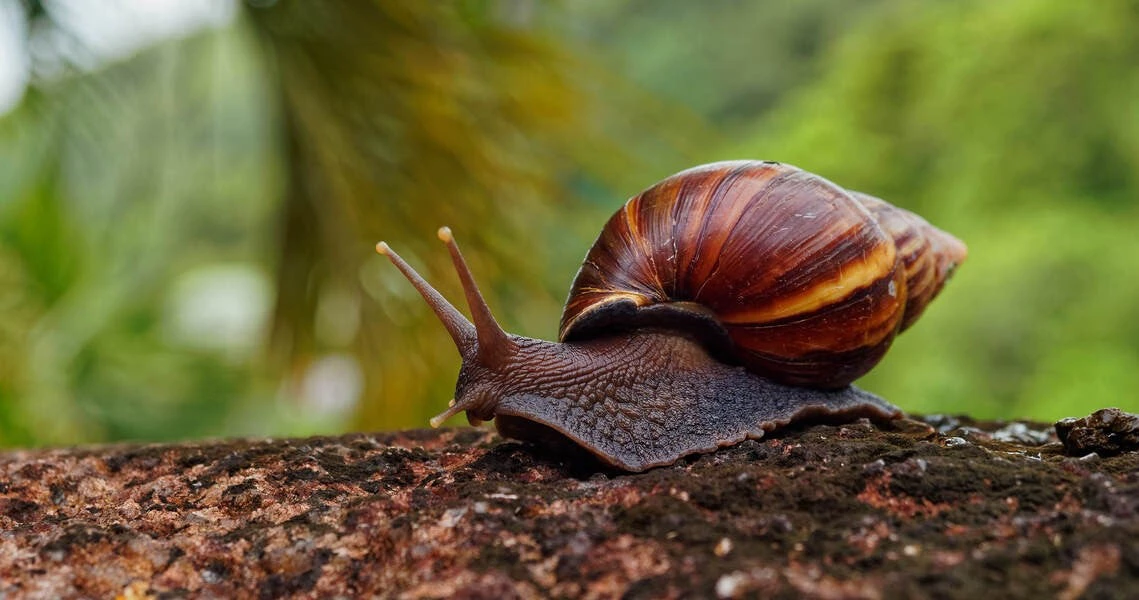 African Giant Snail. Photo Credit: World Bank
African Giant Snail. Photo Credit: World Bank
In August 2022, a unique genetic strain of the Giant African Snail began to spread uncontrollably in the Kottayam district of India’s southern state of Kerala, damaging crops and farmers’ livelihoods. This is one of the world’s most harmful invasive species and can cause meningitis in humans, a deadly disease if untreated. It has been classified as one of the world’s “100 worst” invaders by the International Union for Conservation of Nature.
Within a month of the outbreak, the district administration swung into action. Their swift response was possible because the state government had already created a platform for addressing human, animal and environmental health together under the ‘One Health’ umbrella. Kerala’s One Health program is implemented by the state’s Department of Health and Family Welfare, with support from the World Bank’s Resilient Kerala Initiative.
The One Health concept has gained in importance because expanding populations are entering new geographic areas, creating more opportunities for diseases to pass between animals and humans. Already, more than 65 percent of the contagious diseases affecting humans are of zoonotic or animal origin. As the COVID-19 pandemic has shown, the cost of preventing a disease is far lower than the cost of managing an outbreak.
Timely and coordinated action
To address the invasive species, the administration carried out a unique six-week campaign. It showed that timely and coordinated action between key government agencies – the state’s departments of health, agriculture, animal husbandry and forests, and the National Health Mission - could reduce the prevalence of the species as well as build the capacity of local people to handle it.
The campaign began by gauging the level of infestation. The public was thus asked to fill up a Google form on the Facebook page of the District Collector. Officials then made direct observations in the field and engaged with local people, especially farmers, to understand the extent of the damage. The data collected showed that while the snails were mainly reported from certain areas, the entire Kottayam district was affected to varying degrees. The campaign was therefore extended district wide.
Officials from the health and agriculture departments then taught the farmers and the public how to clean their surroundings, maintain strict vigilance and trap the snails. They also informed them about the precautions they needed to take while handling the snails, such as wearing gloves and washing their hands, to avoid transmission of the parasites the snails might carry.
The farmers were shown the most humane methods of eliminating the snails, such as by getting ducks to eat them or using simple non-toxic substances like brine and tobacco solutions. In severely affected areas, leaflets were distributed and announcements made over loudspeakers to mobilize collective action. The active engagement of farmers' groups and local community associations such as Kudumbashree, Haritakarma Sena, and Padasekara Samiti helped take the campaign forward.
“We received a lot of complaints from farmers regarding the destruction of their crops," explained Rajesh K. R., Assistant Agriculture Officer in Uzhavoor panchayat of Kottyam district. “The focus of the Padam Onnu Ochu Campaign was to train the farmers to control the snails, prepare snail traps and use salt and copper sulphate solution to eliminate them. Farmers were also advised to take precautionary measures like wearing gumboots and gloves while working on the land.”
Impact
The campaign had the desired impact. "Earlier there were a lot of snails,” recalled Raju Kalladayil, a local plantain farmer. “They destroyed my banana plantation. While the cabbage-leaf traps did not attract the snails, those which used wheat, jaggery and yeast did attract a few. In my experience, the application of copper sulphate solution was effective."
Kerala now plans to scale-up the One Health mechanism across all the state’s 14 districts. The state is also preparing its public health systems to prevent and control outbreaks of disease, with support from the World Bank. One Health platforms are being established at different levels of the administration; integrated public health laboratories are being upgraded and operationalized; community-based surveillance systems, led by local governments and self-help groups, are being promoted; and an IT-enabled platform for the Prevention of Epidemics and Infectious Diseases cells at medical colleges is being created to facilitate effective data triangulation
Related Links: One Health Approach Can Prevent the Next Pandemic

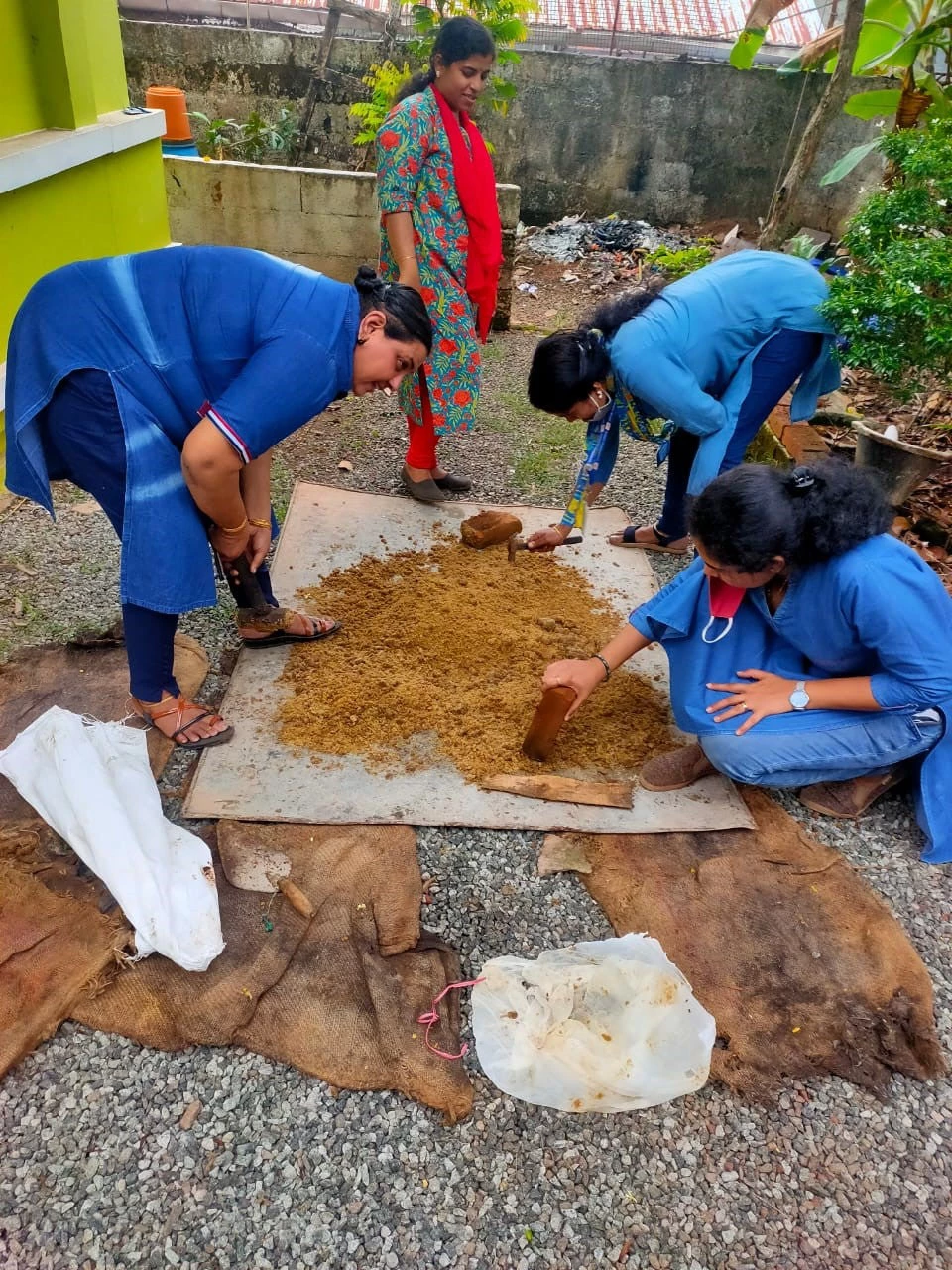
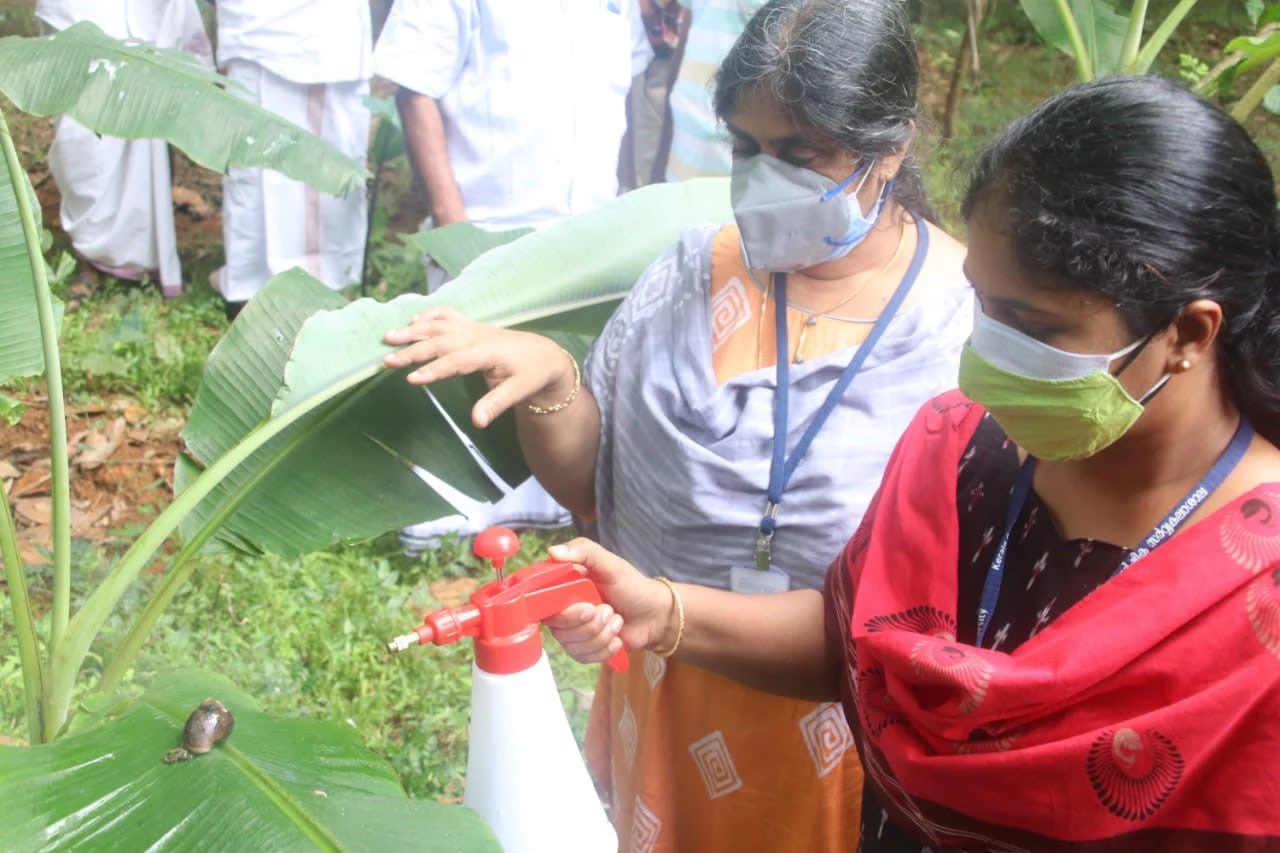
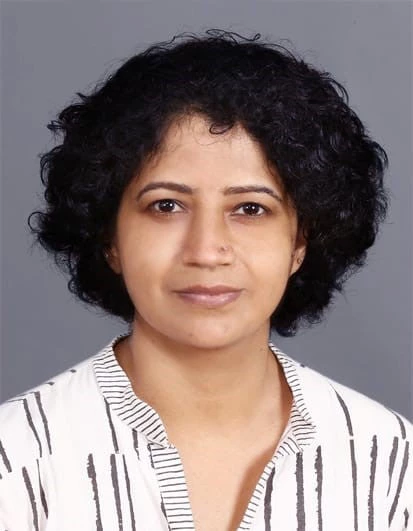
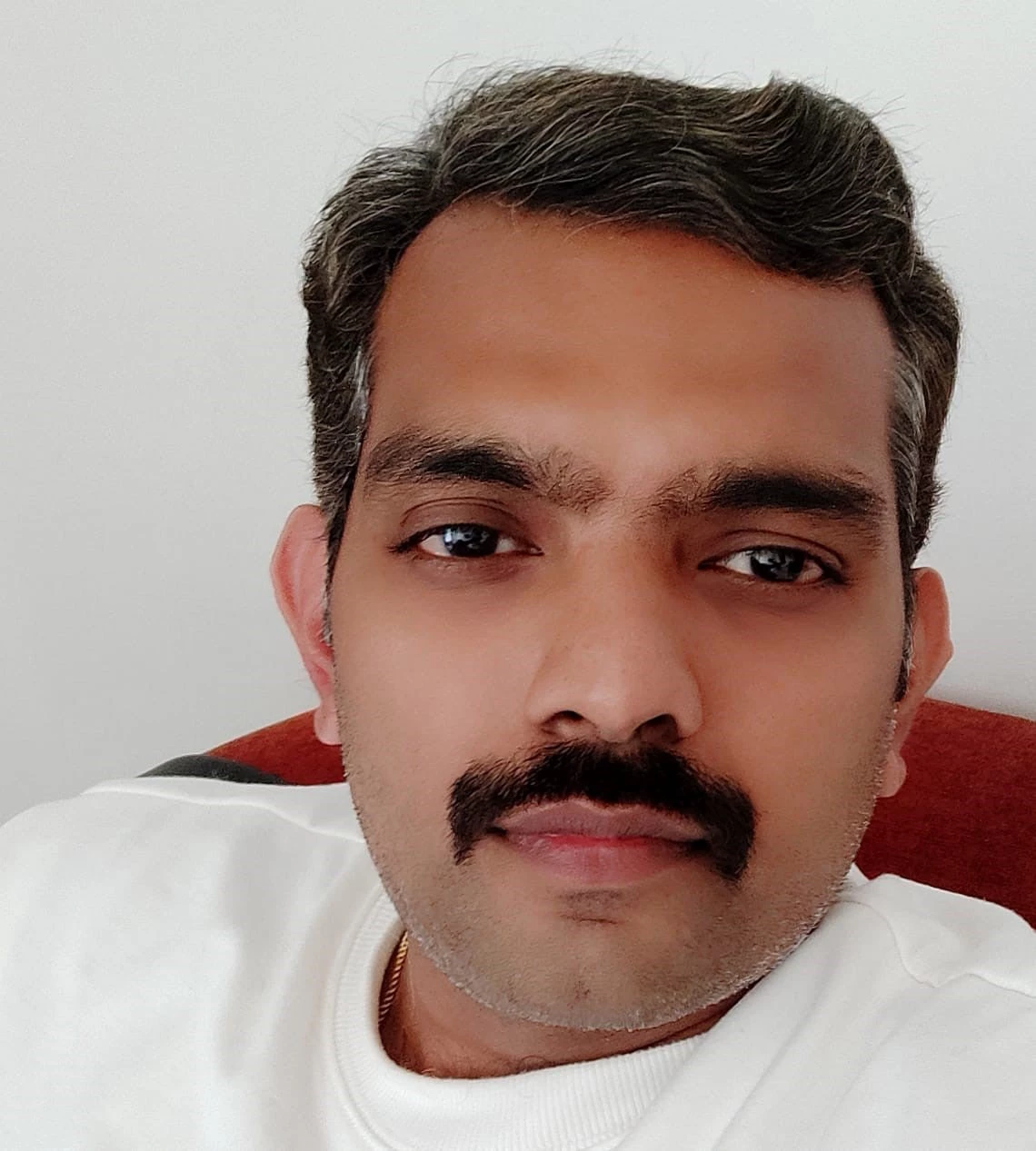
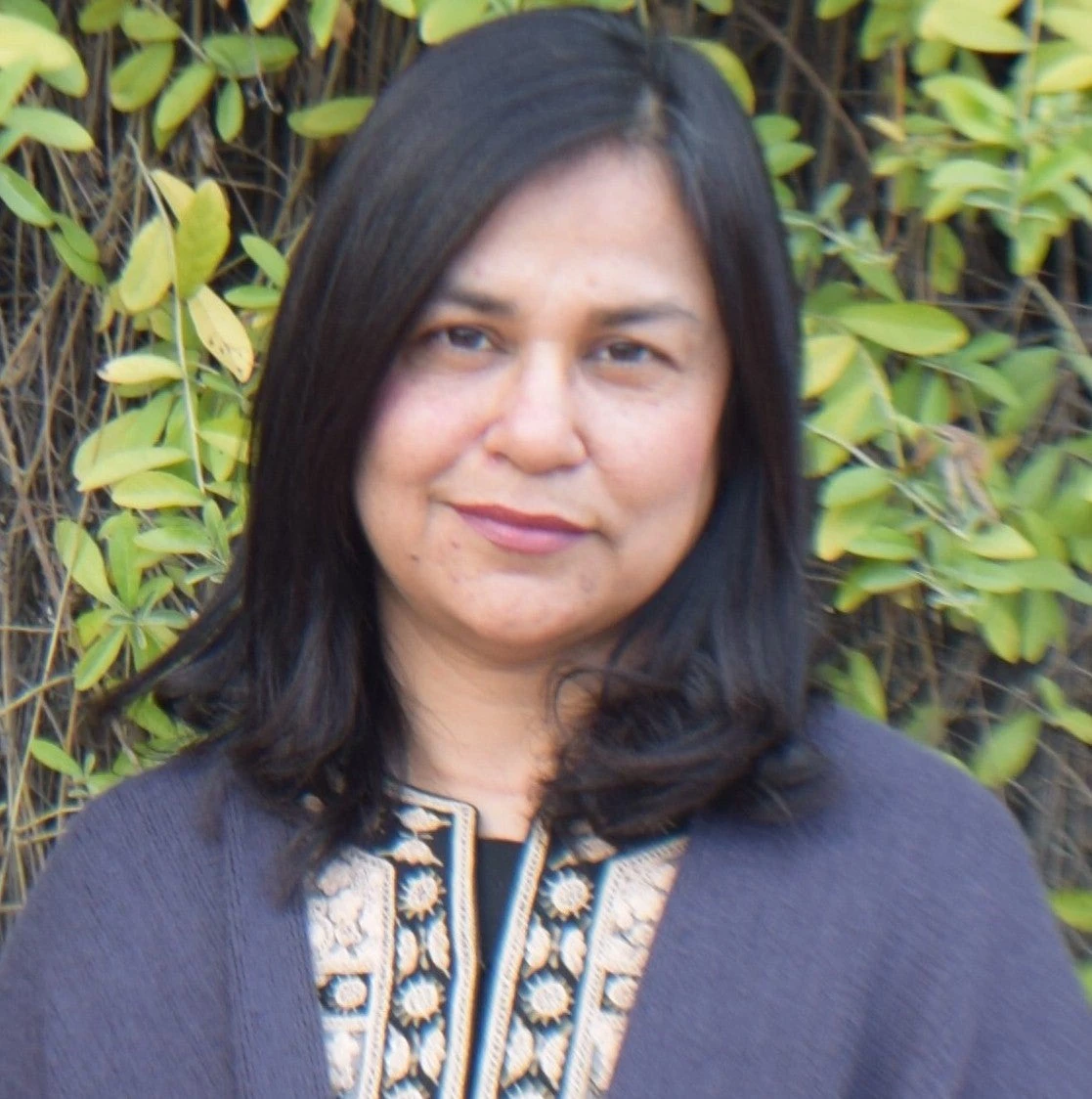
Join the Conversation